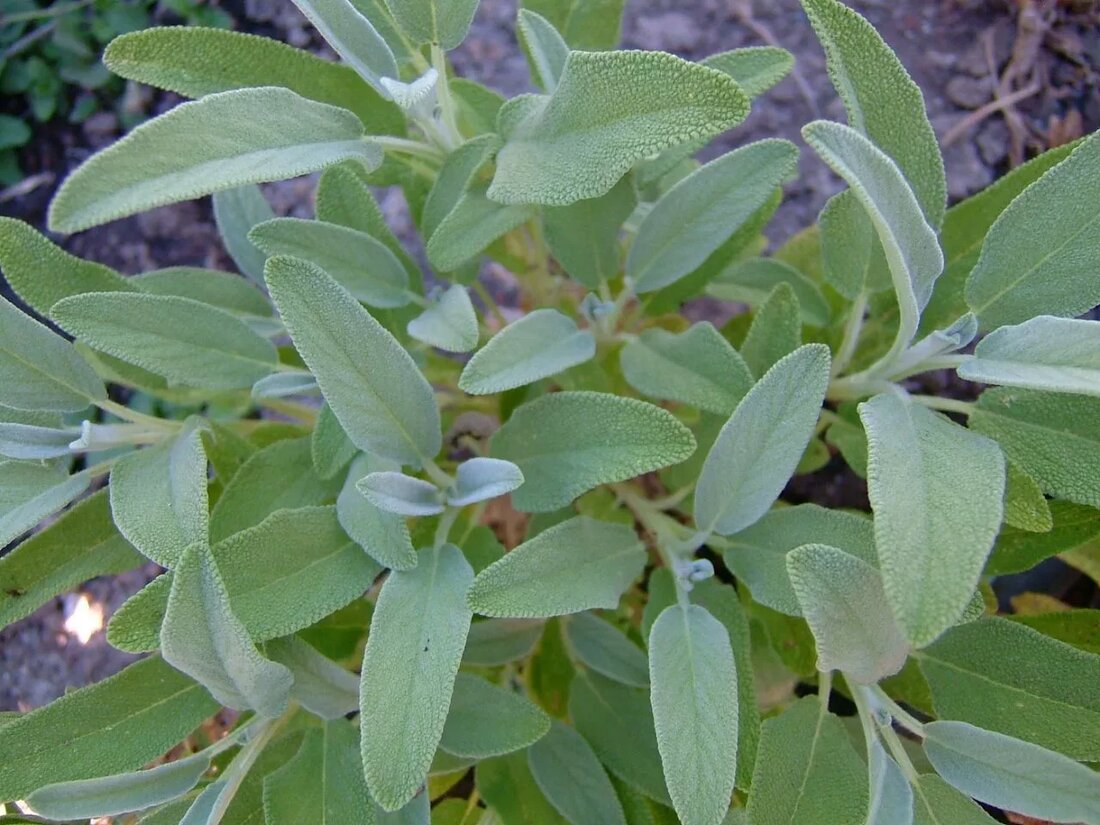Essential Oils - Palmarosa - Widely used in Ayurvedic skin care
Palmarosa (Cymbopogon-Martini) belongs to the grass family of botanical plants and comes from India and the Comoros. It is a relative of lemongrass and was used in temple incense by the ancient Egyptians. Palmarosa oil, also called “Indian” or “Turkish” geranium oil, has been distilled since the 18th century. It was shipped from Bombay to Constantinople and Bulgaria, where it was used to adulterate rose oil. Commercially, the oil is used as a fragrance in soaps, perfumes and cosmetics and to flavor tobacco. Traditionally, both the essential oil and the dried herb are used in Ayurvedic medicine. The oil is...

Essential Oils - Palmarosa - Widely used in Ayurvedic skin care
Palmarosa (Cymbopogon Martini)belongs to the grass family of botanical plants and comes from India and the Comoros. It is a relative of lemongrass and was used in temple incense by the ancient Egyptians. Palmarosa oil, also called “Indian” or “Turkish” geranium oil, has been distilled since the 18th century. It was shipped from Bombay to Constantinople and Bulgaria, where it was used to adulterate rose oil. Commercially, the oil is used as a fragrance in soaps, perfumes and cosmetics and to flavor tobacco. Traditionally, both the essential oil and the dried herb are used in Ayurvedic medicine. The oil is used for neuralgia, lumbago, sciatica and rheumatic pain. It has also been used to combat hair loss.
How can we benefit from Palmarosa essential oil today?
Modern science finds that palmarosa is antibacterial, antifungal and antiviral. It supports the heart and nervous system, stimulates the growth of new skin cells and regulates sebum production in the skin. It is widely used in Ayurvedic skin care and is suitable for all skin types as it is a cell stimulator and supports overall cell regulation. This oil is powerfully antiseptic, calming, uplifting and antidepressant. It can stimulate the endocrine system and lymphatic drainage. It is used for fungal infections such as candida. It can be used for circulatory diseases and digestive problems. The scent of Palmarosa is intended to remind us that strength lies in direction and purpose and that there is only one path - that of the enlightened heart. Palmarosa encourages us to be kind and gentle to ourselves. Use it for emotional healing to promote gentleness, growth, loyalty and enthusiasm. It is primarily used against bacterial and viral diseases of the throat and lungs.
To use palmarosa essential oil, you can dilute one part essential oil with one part blended oil or apply it neat (undiluted) to the body. It can be inhaled directly, nebulized, or taken as a dietary supplement. It blends well with rose, geranium, clary sage, sandalwood, juniper, clove, rosemary, bergamot, coriander, lemongrass, petitgrain, patchouli, frankincense, jasmine, myrrh, lemon, chamomile, rosewood and all citrus oils. For safety reasons, this oil is non-toxic, non-irritating and non-sensitizing. Would you like to learn more about the healing properties of palmarosa and other essential oils? Consider becoming a certified aromatherapist. Educational courses in healing energy and aromatherapy can help you understand how essential oils heal the body/mind/spirit. The Institute of Spiritual Healing & Aromatherapy offers courses in essential oils, including palmarosa, throughout the United States.

 Suche
Suche
 Mein Konto
Mein Konto
